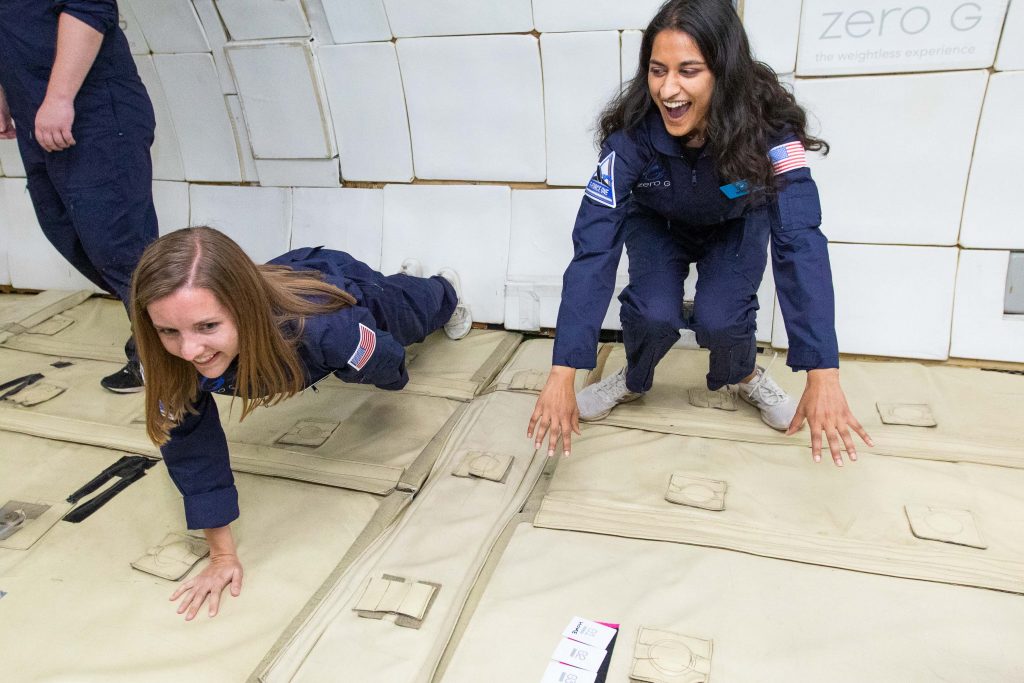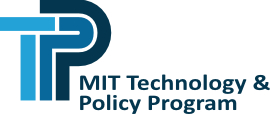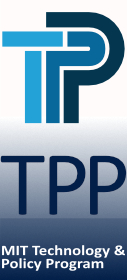
Fly me to the moon
Image: Becca Browder (l) does a one-armed push-up while helping Media Lab’s Mehak Sarang with an experiment aboard a lunar gravity flight. Photo: Steve Boxall/ZERO-G
Graduating TPP student Becca Browder is taking her research on commercial spaceports to a new job at SpaceX – and has worked for years to get an MIT experiment on the moon.
What was the focus of your research? What sort of knowledge and disciplines did it bring together? How can it make an impact?
My research encompassed two main projects: 1) studying the economic viability of commercial spaceports through two case studies, and 2) analyzing MIT’s R&D portfolio for its relevance to activities on the Moon, as the first step toward developing an MIT strategic plan for lunar exploration.
In the United States, there is an overcapacity of spaceports (rocket launch sites) in comparison to space launch demand, which means there aren’t enough launches to make these spaceports profitable. Despite the overcapacity, more states continue to propose new spaceports, which require significant and sustained investment of taxpayer dollars. My research uses policy and business analysis to study how commercial spaceports operate and why people want them in order to improve spaceport decision-making and optimize public investment. The U.S. Space Force is currently pursuing an initiative to develop a national spaceport strategy, which my research can directly inform.
My Moon work is part of a larger effort at the Institute to send an MIT experiment to the Moon. I have been closely involved with this effort for almost two years through strategic planning, fundraising, and payload development. My thesis helps to identify gaps and synergies within MIT’s existing research portfolio in order to find new collaborations for lunar exploration and identify new areas for investment. Our research group has been in discussion with multiple companies to purchase payload space for an MIT project on board a NASA cargo mission to the Moon, so I hope that in the near future, one of the several lunar projects I’ve been involved with will fly to the Moon.
Why did you choose to come to TPP?
I wanted to study both policy and engineering with a focus on space exploration; that alone narrowed my search to a handful of universities. When I visited TPP, I knew in my gut it was where I wanted to be. It felt like home to me. TPP allows for a great combination of technical and policy classes and research while also exposing you to areas outside of your domain. But the best thing about TPP is the other students. I have learned so much from my cohort about energy, artificial intelligence, supply chain management, and politics that I wouldn’t have learned elsewhere.
What are you doing after graduation?
I’m taking the summer off to relax, travel and visit friends that I haven’t been able to see during the pandemic. This fall, I’m starting a new job at SpaceX as a mission integration engineer, which is a hybrid systems engineering/business role where I’ll work to integrate, test, and launch customer payloads on SpaceX spacecraft. The best part of the job is that I’ll have to attend all of the rocket launches that I work on!
What were some favorite things about the MIT and TPP communities?
At MIT in general, I found an incredible community of students who were eager to learn and collaborate, who constantly questioned the status quo, and who worked hard to overcome challenges in pursuit of interesting and meaningful work. Most of all, I was constantly impressed by the activism that my classmates pursued: in addition to excelling technically, they poured their hearts and minds into improving access, opportunities, and treatment for students of all backgrounds.
At TPP specifically, I found a family. Each cohort is small, so we usually become very close. Several TPPers have become some of my closest friends. The hallmark of a TPPer is an interest in debating: we’ll argue about any topic, from presidential politics to the importance of social thinking in algorithm design to the feminism (or lack thereof) in Legally Blonde. TPP is a place for people who care about policy, technology, and business, and want to use them to make the world a better place. I have loved my time in TPP and will miss this tight-knit community.


